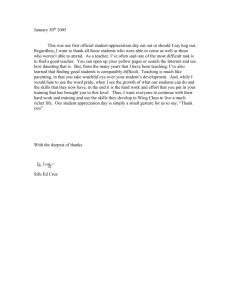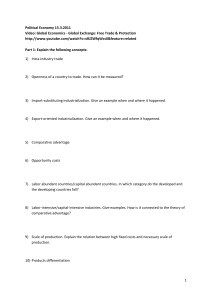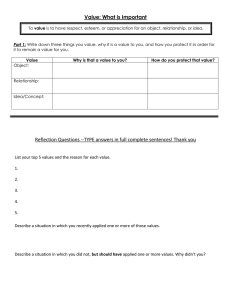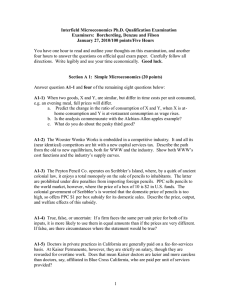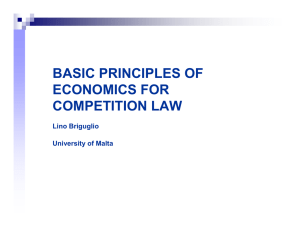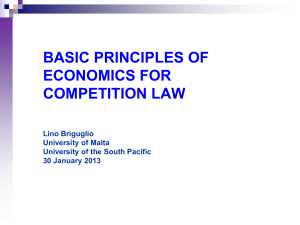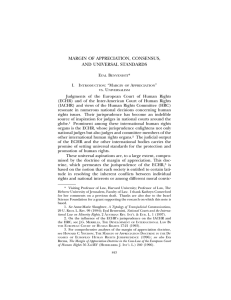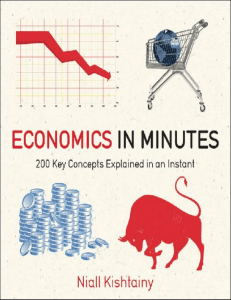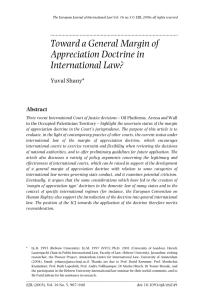MSIN3011: Industrial Organization
advertisement
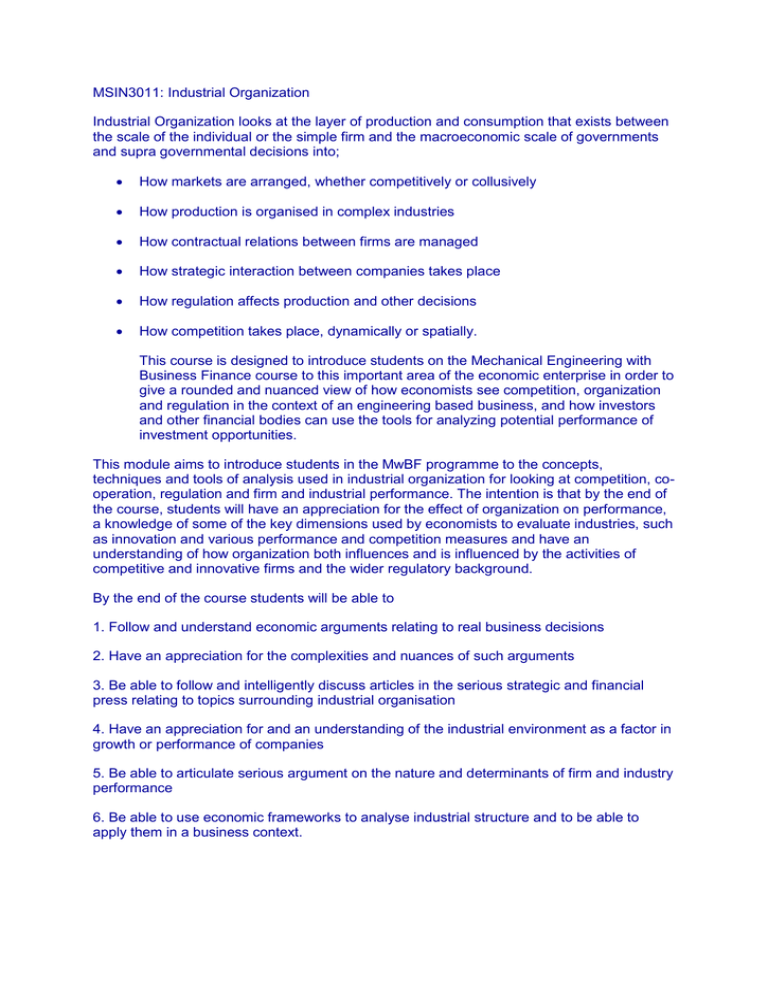
MSIN3011: Industrial Organization Industrial Organization looks at the layer of production and consumption that exists between the scale of the individual or the simple firm and the macroeconomic scale of governments and supra governmental decisions into; How markets are arranged, whether competitively or collusively How production is organised in complex industries How contractual relations between firms are managed How strategic interaction between companies takes place How regulation affects production and other decisions How competition takes place, dynamically or spatially. This course is designed to introduce students on the Mechanical Engineering with Business Finance course to this important area of the economic enterprise in order to give a rounded and nuanced view of how economists see competition, organization and regulation in the context of an engineering based business, and how investors and other financial bodies can use the tools for analyzing potential performance of investment opportunities. This module aims to introduce students in the MwBF programme to the concepts, techniques and tools of analysis used in industrial organization for looking at competition, cooperation, regulation and firm and industrial performance. The intention is that by the end of the course, students will have an appreciation for the effect of organization on performance, a knowledge of some of the key dimensions used by economists to evaluate industries, such as innovation and various performance and competition measures and have an understanding of how organization both influences and is influenced by the activities of competitive and innovative firms and the wider regulatory background. By the end of the course students will be able to 1. Follow and understand economic arguments relating to real business decisions 2. Have an appreciation for the complexities and nuances of such arguments 3. Be able to follow and intelligently discuss articles in the serious strategic and financial press relating to topics surrounding industrial organisation 4. Have an appreciation for and an understanding of the industrial environment as a factor in growth or performance of companies 5. Be able to articulate serious argument on the nature and determinants of firm and industry performance 6. Be able to use economic frameworks to analyse industrial structure and to be able to apply them in a business context.
